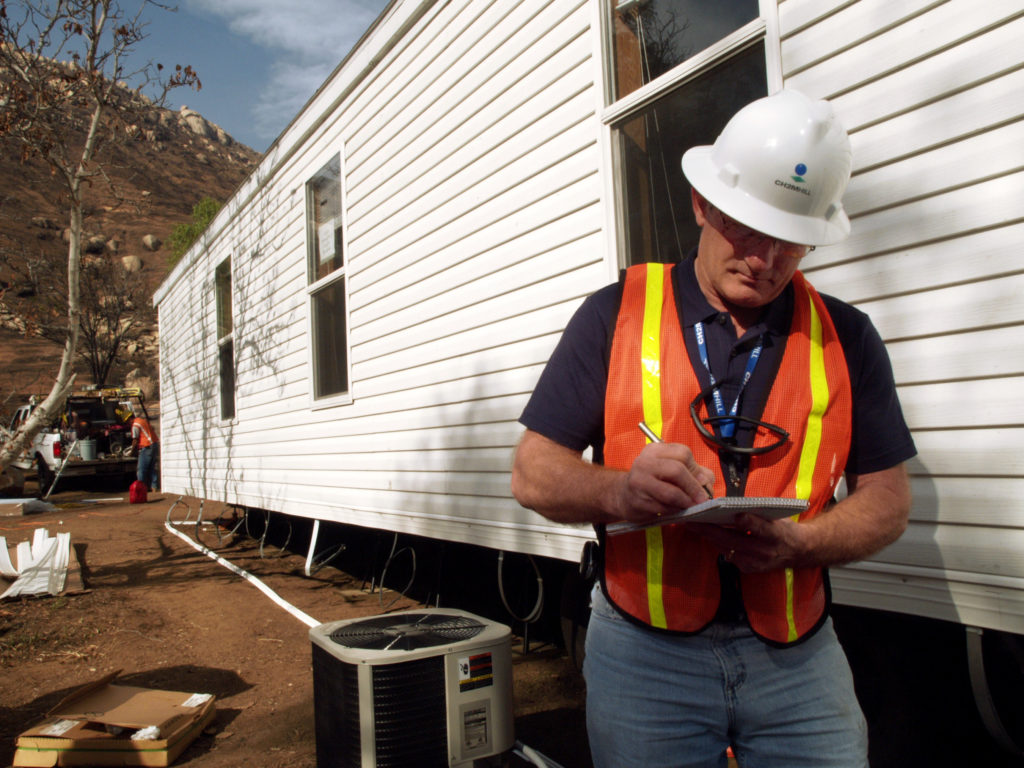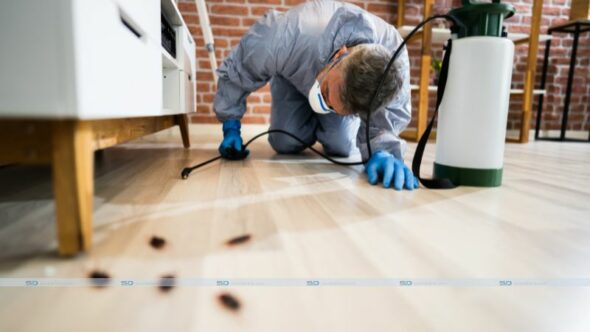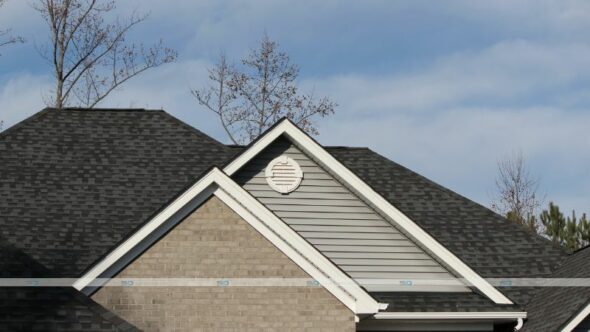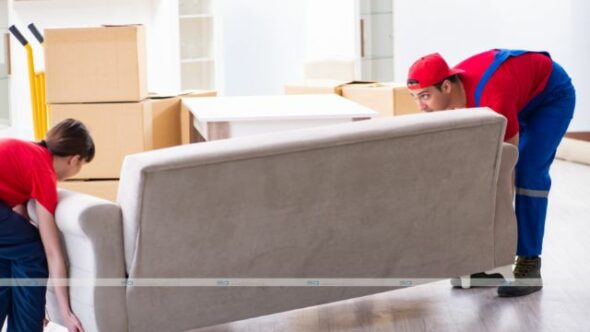As most veteran home buyer would tell you, no home is a perfect home. Even the ones that seem amazing on the outside may hide some pretty nasty secrets. Average homeowners simply don’t have the know-how to detect these underlying problems. That’s why home inspections including lead inspection are critical, especially before buying a new home. As an investor, you need to make sure your newly-bought home is worth the money and does not compromise the safety of your family.
The job of a home inspector is to lay down the facts. Once they are done checking they give you a detailed report of all the problems in the home. Some inspectors even tell you the cost of repairing these problems to help you decide whether a property is worth its listed price.
What’s the Average Cost of Getting a Home Inspected?
For a typical home in the United States, the cost of a home inspection is around $300. Homes that are smaller (less than 1,000 square feet) typically cost $200 to inspect. A property that’s 2000 square feet or more cost about $400 to inspect. Typically, buyers pay for the home inspection services, but it’s not uncommon for prospective home buyers to split the cost with the current homeowner.
Things Home Inspectors Typically Look for When Performing a Check
A home inspection is not a quick walkthrough and then generating a report. It typically takes 2 to 4 hours to complete. Inspectors use specialized tools and tricks to understand the health of the house. While there is a lot of problems that can be detected by visual inspection, an equal number of problems can be hidden out of view. The ones that are out of view often turns out to be the biggest problems. Without further ado, the following are a few checks that are typically covered in a standard home inspection package.
Roof
Some inspectors bring ladders while others use drones. There is a certain skill set required to walk properly on rooftops and there is no denying the inherent danger. Therefore, some inspectors prefer the drone check over actually climbing on top of the house. This roof inspection is vital and it’s to check the health of the roof tiles and gutters. The inspectors look for damaged or misaligned tiles. They check the gutter for blockages to ensure water is flowing down properly, so get residential gutter services. When they are up there, they also check satellite dishes and furnace flues and ensure they are firmly bolted on and there is no visible damage.
Plumbing
Home inspectors check the water pressure and check if every faucet is operational and there are no leaks. Some home inspections also include checking if the septic system installation is working properly and will not cause a toilet backup. Inspectors also check the drains for signs of leakage, damage, and mineral deposit. If there are any plumbing issues, better call on a plumber to have them professionally fixed. They will also check to see if an oil tank removal is needed or a new oil tank installation has to be considered.
Appliances
Home inspectors also check all the electrical appliances that come with the house. These include dishwashers, ovens, refrigerators, and others. Inspectors turn on all the appliances to load test the house to ensure it has the electrical capacity to run all of them at once.
Attic and Basement
As a homeowner, you really don’t want a house that has a damp basement because they can lead to mold and mildew. Some inspectors use special meters to detect the moisture levels in the basement.
Walls and Ceilings
Walls and ceilings are checked for visible signs of damage, moisture buildup, wood rot, and signs of mold and mildew. This check is applicable for both the exterior and the interior of the home.
Foundation
Home inspectors will conduct a thorough check to see the foundation of the house is in good order. They will also check that no water from the roof or other pipes are accidentally getting directed towards the foundation. If they suspect a damage in foundation, they will advise you to hire a house foundation leveling Bloomington contractor to have it fixed.
Exterior
The home inspector will walk around the home and look for external damage such as hail damage. The inspector also checks the quality of the paint and detects grading issues if there is any. And if you’re living on the west coast then check out Why Fire Barriers Are An Ideal Solution For California Critical Infrastructure.
Heating and Cooling Systems
Home inspectors also check the efficiency of the heating and cooling systems. They provide insights on whether the existing system is fine, needs servicing, or if your need a new furnace installation. All the vents, chimneys and inlets pipes are checked for damage.
The air quality inside the home must also be inspected. The presence of allergens and radon may be harmful to your family. If the inspection shows high levels of radon, you may need residential radon mitigation services.
Trip Hazards
Trip hazards are any areas on the driveway or any walkable paths in and around the home that can cause people to trip. These are especially dangerous for families with children as there is going to be a lot of running around.
Vegetation That Can Damage the Foundation
Some homes have trees and plants too close to the walls. Now, the root systems of these plants can potentially damage the foundation of the home. This is a really important check because trees can grow over time and what doesn’t seem to be an immediate problem can evolve into a pretty big one a few years down the line.







